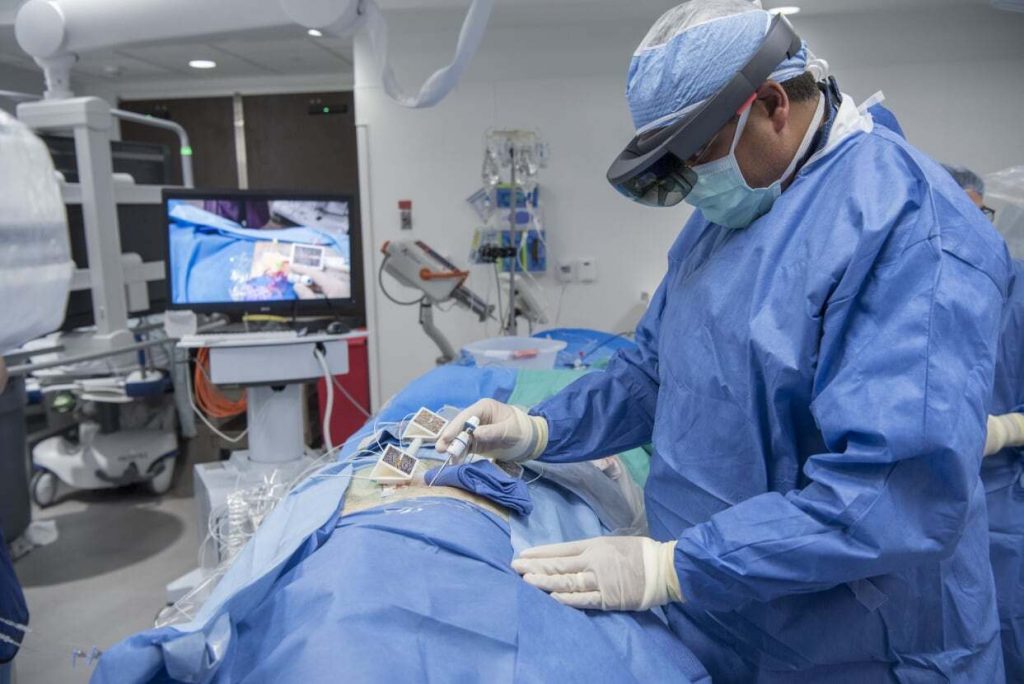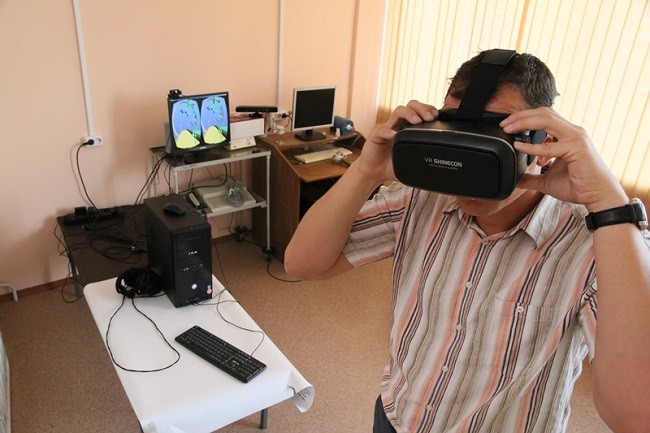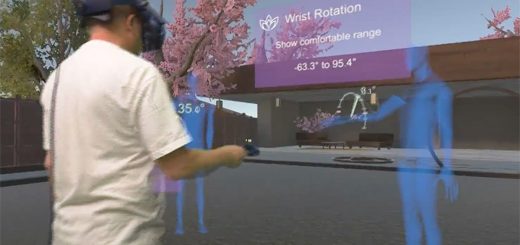MediView Evaluates Use of AR for Guidance in Human Kidney Tumor Ablation
Published · Updated
MediView XR, Inc. recently completed the world’s first in-human evaluation of its Acuity™ Augmented Reality Surgical Navigation technologies for kidney tumor ablation.
By Irena Cronin
Kidney tumor ablation is a procedure where a probe that produces heat or cold is used to kill the tumor cells. This is a percutaneous procedure where the physician inserts the probe through the skin and navigates to the tumor location. This has traditionally involved a combination of x-ray imaging, CT scans and ultrasound imaging with the physician looking away from the patient and operative site at a 2D flat panel display screen. Augmented reality has opened a new realm of 3D imaging and navigation where the surgeon can look directly into the patient and see the patient’s anatomy, including the targeted kidney tumor. This type of “x-ray vision” without the harmful x-rays was not possible before augmented reality.

MediView is an Ohio-based medical device startup company founded upon technology generated by the Cleveland Clinic. MediView is working to launch a stand-alone Augmented Reality Surgical Navigation Platform called Acuity™ and a portable point of care imaging and collaboration platform called MediScout™. They have harnessed the power of augmented reality to produce revolutionary 3D visualization and procedural navigation with the intent of driving quality, affordability and greater access to healthcare. MediView has combined the 3D visualization with instrument tracking and remote collaboration to produce a comprehensive navigation system. With this system the surgeon can see the patient’s anatomy and how their tools will interact with that anatomy throughout the procedure. In addition, these technologies extend telehealth with new “teleprocedure” capabilities. With integrated remote assist capabilities a surgeon in Cleveland can connect with surgeons at other locations throughout the world to collaborate for patient care. This will enable the delivery of higher levels of care to remote or underserved areas while limiting caregiver exposure.

The completion of this in-human evaluation with MediView’s Acuity™ system for kidney tumor ablation is further validation of the potential scope of applications of this revolutionary surgical imaging technology. Augmented reality with remote clinical decision support is highly relevant in a post COVID-19 clinical landscape.
John Black
CEO, MediView
MediView’s Acuity™ surgical technologies have been evaluated in 11 in-human procedures at the Cleveland Clinic as part of safety and feasibility trials. Unlike standard procedural images that require doctors to rely on images displayed on a conventional 2D screen, MediView’s Acuity™ system essentially gives physicians “x-ray vision.” With MediView’s proprietary technologies the surgeons can look directly at the patient, see beneath their skin, and peer into their internal anatomy during a procedure. Throughout the procedure their surgical tools are tracked to the targeted anatomy with mini-GPS-like navigation. The surgeon can also “phone a friend” from a different location into the surgery so that the surgeons can share imaging and consult together during the pre-surgical planning and operative procedure.
Our team continues to expand proof-of-concept of augmented reality surgical navigation in complex soft-tissue percutaneous procedures into additional anatomical locations. The range of potential applications of the technology is tremendous, especially when true x-ray vision with the ability to connect to and collaborate with physicians at separate locations. Application of these technologies for COVID-19 could permit health care providers to deliver higher levels of collaborative care with fewer exposed caregivers.
Charles Martin III, M.D.
Director of Interventional Oncology, Cleveland Clinic


The potential benefits of extended reality assisted surgical procedures are exponential. Existing surgical imaging modalities have limitations that reduce their effectiveness in percutaneous procedures and expose medical professionals to risks associated with radiation exposure, which MediView’s technology is specifically designed to overcome. Our goal is to democratize healthcare and advance human health with revolutionary 3D visualization, remote collaboration, and data insights. COVID-19 has accelerated the demand and need for these technologies.
Mina Fahim
CTO, MEDIVIEW
For more information on MediView, contact:
Irena Cronin
CEO, Infinite Retina
irena@infiniteretina.com
+1 (415)426-0960

About Irena Cronin
Irena Cronin is the CEO of Infinite Retina, a company based in Pasadena, California that helps businesses enter and succeed in Spatial Computing. She is the co-author of the book: The Infinite Retina: Spatial Computing, Augmented Reality, and how a collision of new technologies are bringing about the next tech revolution.





What do you think?
You are the first to add a thought